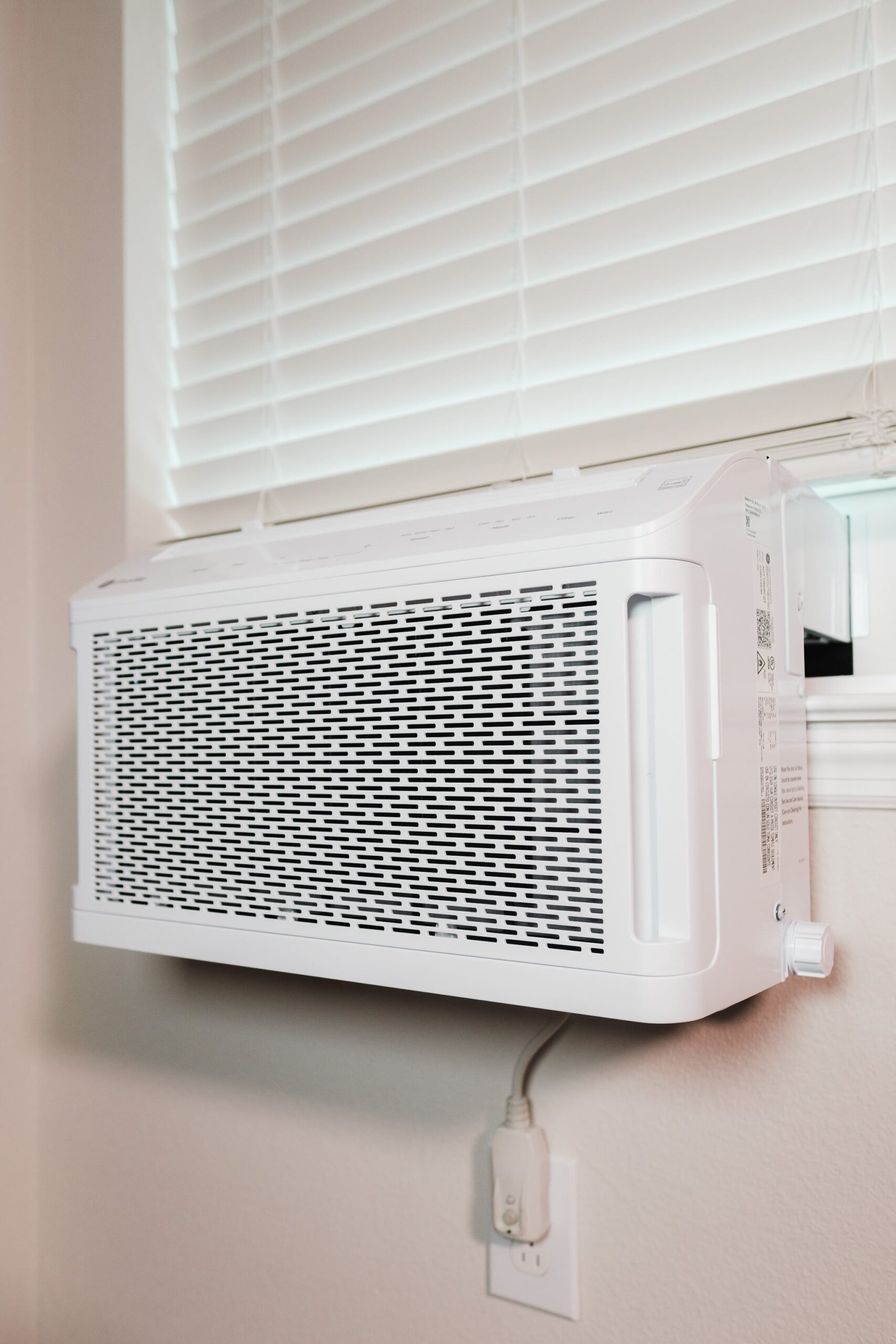Your heating, ventilation and air conditioning (HVAC) system is essential for comfort in your home or workplace. Eventually, you’ll likely need to call in HVAC contractors for installations, replacements, maintenance, or repairs on units. Doing research to pick the right HVAC company ensures quality work and minimal headaches. Follow these key tips when selecting an HVAC pro.
Get Referrals
Check with neighbors, friends and family serviced by local HVAC companies. Online reviews on sites like Google or Yelp also showcase reliable HVAC contractors known for good customer experiences:
- What was the quality of their work?
- How responsive was communication and troubleshooting?
- Would they call on the company again?
While not all reviews are genuine, consistent rave reviews indicate contractors prioritizing skillful diagnoses, transparency around quoting, neat workmanship and strong follow up.
Verify Licensing and Insurance
Your state requires proper licensing, bonding and insurance coverage to practice as an HVAC technician legally due to risks associated with handling refrigerants, gases, electricity and ductwork modifications.
- Contractor’s License – Confirms passing required exams on building codes and standards.
- Liability Insurance – Covers property damage or injuries occurring onsite.
- Worker’s Compensation – For employee injuries on the job.
Check documentation in person rather than over the phone or ensure all certificates are up to date.
Compare Experience Levels
Ask potential HVAC companies:
- How long have you been in business? Look for 5+ years locally.
- What systems have you specialized experience in repairing or installing? Brands, fuel types, capacities, etc. Ideally a close match to your existing or intended equipment.
Longevity and specialty experience equates to robust technical familiarity with diagnosing issues quickly and accurately.
Evaluate Services Offered
Consider both current needs like maintenance checks or repairs alongside future needs like replacements or upgrades. Confirm a contractor provides:
- Installation – New equipment setup
- Service/Repair – Fixes and troubleshooting
- Replacement – Swapping outdated equipment
- Maintenance – Biannual tune-ups
- Emergency Services – Urgent same day response
- Other specialties like duct cleaning, sealing, gas line installs, etc.
Ideally they are a one-stop-shop able to evolve services as your home and HVAC needs grow and change over decades.
Communication and Professionalism
From your first inquiry call to job completion, interactions should remain professional and knowledgeable:
- Initial Discussions – Ask questions to gauge competency levels around problem diagnosis, solutions and process.
- In-Home Estimates – Contractors should thoroughly assess existing equipment and measurement needs before quoting options. Expect answers not guesses.
- Job Quotes – Comprehensive breakdown of parts, labor, permit fees, timeframe estimates and payment terms.
- Work Execution – Crew supervised appropriately onsite and working neatly around home access pathways.
- Wrap Up – Review work together while onsite and address final invoicing.
Hire an HVAC company you trust to treat you and your home with respect while communicating clearly from start to finish.
Compare Multiple Bids
Be wary of quotes vastly undercutting competitors. Materials, parts and labor still cost companies money, so review pricing variables:
- Materials – Brand quality levels for parts/equipment
- Work Scope – Size and technical complexity
- Labor Approach – Crew experience levels
- Warranties – Coverage periods for workmanship defects
- Overhead & Profit Margins – May indicate cutting corners
Gather at least 3 bids while emphasizing the scope covers the same amount of equipment, work and time duration.
Review Warranties
Reputable HVAC companies stand behind work, providing 1-10 year coverage for defects in materials and workmanship. Evaluate:
- Workmanship Coverage – Parts and labor defects
- Equipment Coverage – Life expectancy for key parts like compressors
- documentation – Written copies not just verbal promises
While paying out of pocket up front can be cheaper, long warranties protect against rescue fees down the road if replacements or repairs are needed unexpectedly.
Understand Payment Terms
Typical HVAC payment structures flow:
- Deposit – 25-50% down to initiate work and order special parts
- Progress Payments – structured installments as benchmarks met
- Final Payment – Upon satisfactory inspection of finished work
Avoid paying 100% upfront before commencement. Setup installments based on timeline estimates and ask for lien waivers.
Check Codes Expertise
Given regular updates to building codes and product regulations, ask contractors:
- Do you stay current on state and regional building code changes?
- Are permits pulled with inspections done per code regulations?
Working per established codes ensures safety, efficiency optimizations and avoidance of fines or rework orders later on.
Finding Your HVAC Match
Choosing the right HVAC contractor ensures your systems operate reliably for years while keeping utility costs affordable. Take time to evaluate experience levels, services offered, communication practices and billing processes before selecting a company you can trust for the long-haul.
